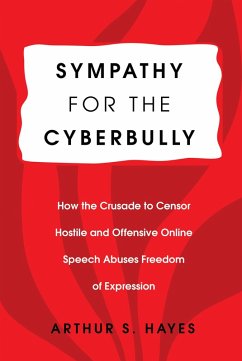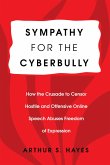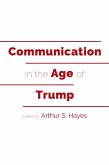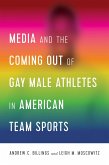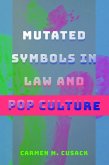In the first systematic account of judicial rulings striking down cyberbullying laws in the United States and Canada, Sympathy for the Cyberbully offers an unapologetic defense of online acid-tongued disparagers and youthful and adult sexters. In the first decade of the 21st century, legitimate concerns about the harmful effects of cyberbullying degenerated into a moral panic. The most troubling aspect of the panic has been a spate of censorship-the enactment of laws which breach long-standing constitutional principles, by authorizing police to arrest and juries to convict, and schools to suspend, individuals for engaging in online expression that would be constitutionally protected had it been communicated offline. These hastily drawn statutes victimize harsh critics of elected officials, scholars, school officials and faculty, distributors of constitutionally protected pornography, adolescents "talking smack," and teens who engage in the consensual exchange of nude images, even in states where teens of a certain age enjoy the right to engage in sexual relations. The victims' stories are told here.
Sympathy for the Cyberbully is suitable for undergraduate, graduate and law school courses in media law, First Amendment law and free expression.
Sympathy for the Cyberbully is suitable for undergraduate, graduate and law school courses in media law, First Amendment law and free expression.
Dieser Download kann aus rechtlichen Gründen nur mit Rechnungsadresse in A, D ausgeliefert werden.
"Cyberbullying, sexting, and revenge pornography have strained robust free speech principles in the United States and elsewhere. Arthur S. Hayes provides an important resource for understanding the challenges the dark underbelly of Internet communications have presented to courts and legislators, detailing how well-intentioned policymakers may have overreached in their efforts to protect victims in ways that threaten speech that is legitimate, and in some cases, valuable. Rich details of cases and controversies arising in the past decade illustrate the difficult tradeoffs in emergent online speech jurisprudence." Daxton Stewart, Associate Dean and Associate Professor, Texas Christian University; Editor of <> (2013)

